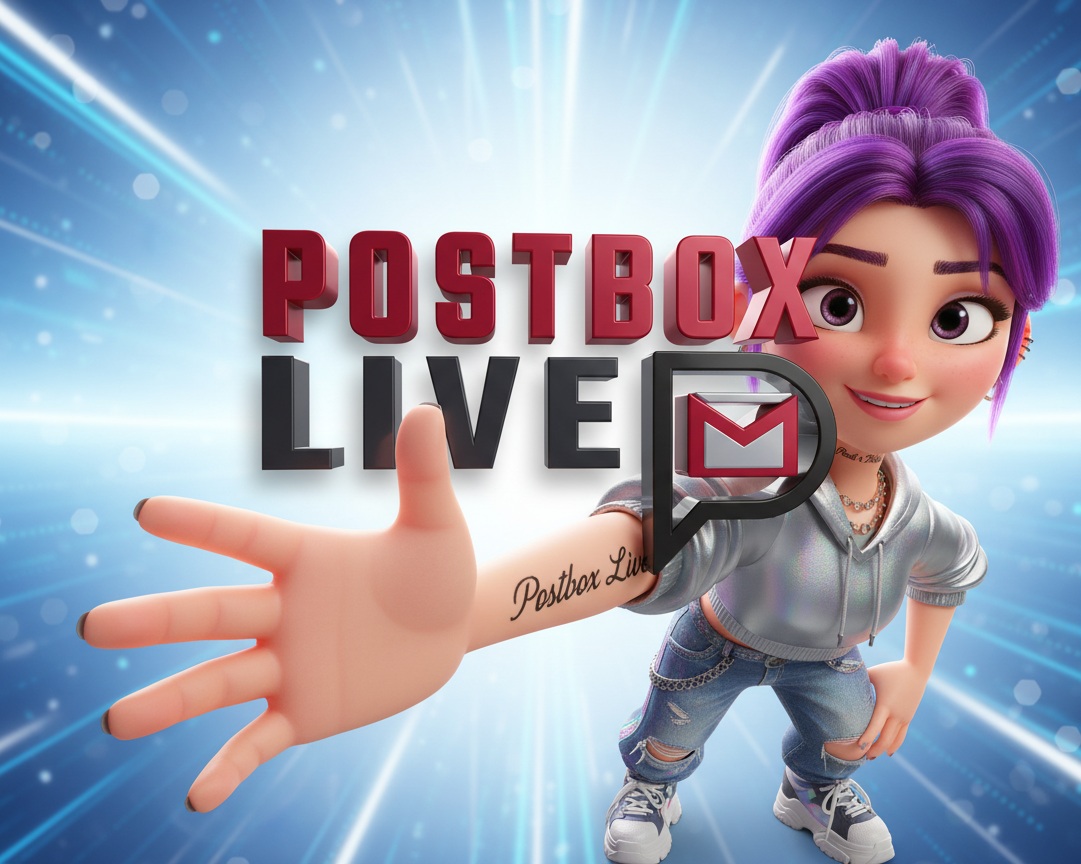Now That AI Has Cost You Your Job at Klarna, At Least Your Former Coworkers Are Getting Paid More
Klarna’s use of AI has cut thousands of jobs while boosting productivity. Learn how this shift affects workers, wages, and the global future of employment.
AI’s Mixed Reality: Some Rise, Many Fall
The race for AI-powered productivity continues to sweep across industries, but it’s becoming clear that not everyone will benefit. While businesses push forward, countless workers are being left behind.
Although the mass job losses predicted in 2022 haven’t unfolded in full, early signs suggest those warnings weren’t exaggerated. For workers at companies like Klarna, the cost of AI adoption is becoming painfully real.
AI Hype Meets Corporate Downsizing
Back in late 2022, when generative AI exploded into the mainstream, some called it the dawn of a new productivity revolution. At the same time, major firms like Goldman Sachs projected that over 300 million jobs could vanish due to AI in just a decade.
Their prediction gained attention fast. Major corporations were already proving it wasn’t just hype.
For example, in May 2023, IBM CEO Arvind Krishna announced a hiring freeze for non-customer-facing roles. The goal was clear: automate tasks using AI, especially in departments like human resources. The message? Streamline or be replaced.
Klarna’s AI Shift: Layoffs and a Leaner Workforce
Fast forward to late 2023, and Klarna set a new, unsettling benchmark. The fintech giant’s CEO, Sebastian Siemiatkowski, shared in an interview with the Financial Times that the company plans to reduce its workforce from 3,800 to just 2,000 employees in the coming years.
This isn’t a sudden pivot. Klarna employed more than 5,000 people a year prior but had already begun freezing hiring and trimming roles in response to AI capabilities. The company’s internal AI assistant reportedly handles the work of over 700 customer service agents a number that raised both eyebrows and alarms.
Corporate Speak vs. Reality
When companies talk about “optimizing operations” or “enhancing productivity”, it often means fewer people doing more work or none at all. This was exactly the case when BT announced its plan to automate tens of thousands of roles, a move many described as “brutal.”
The technology is evolving faster than employees can adjust. Although early advocates claimed AI would create as many jobs as it eliminated, those claims now seem like corporate damage control rather than reality.
A New Kind of Divide: Job Loss vs. Pay Raise
Despite the grim outlook for many, there is one consolation for a select few.
According to Siemiatkowski, those who remain in high-value roles at Klarna could enjoy higher wages and lighter workloads, thanks to AI shouldering repetitive tasks. In a BBC Radio 4 interview, he described AI as a “positive development” but only for those whose roles become more valuable.
That might sound like a silver lining, but for displaced workers, it’s cold comfort. The overall trend points toward greater inequality within the workforce.
Global Outlook: AI Disruption Is Just Beginning
In 2024, the International Monetary Fund (IMF) estimated that AI will affect 40% of jobs worldwide, with the potential to exacerbate income gaps and deepen economic disparities.
Siemiatkowski is simply saying what others are thinking. AI isn’t just a productivity tool it’s a cost-cutting weapon. And companies are no longer afraid to admit it.
Even as executives like IBM’s Krishna tried to walk back their comments last year, the corporate world is now openly embracing AI-led downsizing.
The Bottom Line: Not Everyone Will Survive the AI Age
The promise of AI was supposed to be about empowerment, not replacement. However, the real-world consequences at Klarna and other companies show that productivity gains come at a human cost.
While a few employees may thrive in an AI-enhanced workplace, many will be left to navigate job loss, reskilling, or worse irrelevance in the new digital economy.
Klarna’s use of AI has cut thousands of jobs while boosting productivity. Learn how this shift affects workers, wages, and the global future of employment.
#Klarna, #AIandJobs, #FutureOfWork, #JobLossDueToAI, #AutomationImpact, #FintechLayoffs, #AIDisruption, #WorkforceAutomation, #KlarnaNews, #ArtificialIntelligence,

